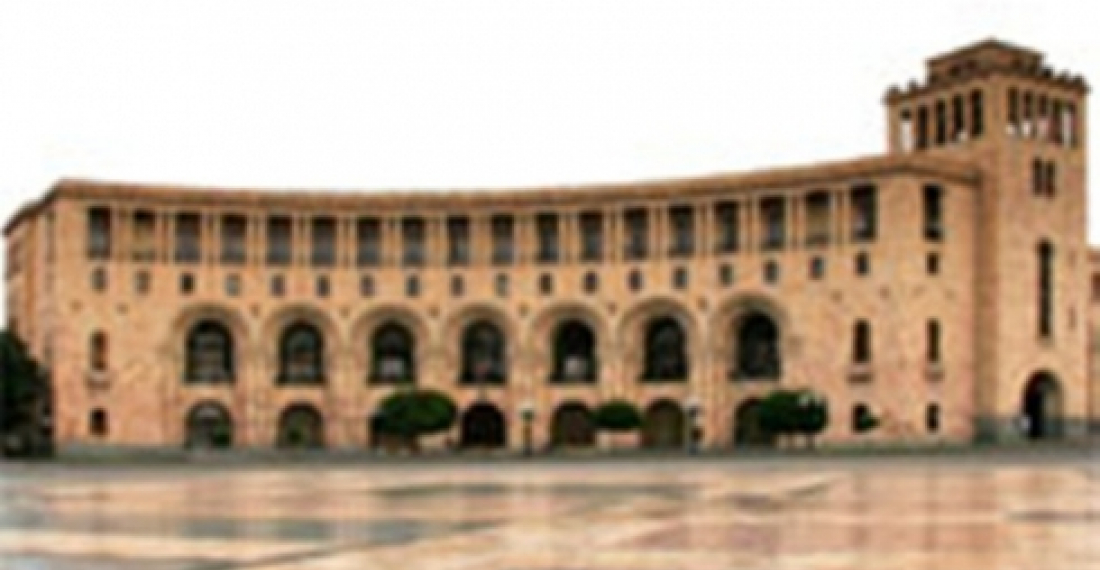The Armenian Foreign Minister Edward Nalbandian met on Friday (15 June) with Ambassadors of EU member states to Armenia and the Head of the EU Delegation to Armenia.
According to the Armenian Foreign Ministry, during the meeting "the current stage of the cooperation between Armenia and the European Union, as well as the scheduled interactions at the highest level, as well as the steps to be undertaken were discussed." The Ministry statement added that "The Armenian Minister of Foreign Affairs presented to the European Ambassadors the situation resulted by Azerbaijan’s provocative subversive operations on the border between Armenia and Azerbaijan and in the line of contact with Nagorno-Karabakh last week. The sides exchanged views on a number of regional issues."
The meeting came ahead of the scheduled meeting of the Foreign Ministers of Armenia and Azerbaijan in Paris on Monday. During the meeting it is expected that the co-chair of the OSCE Minsk Process, diplomats representing France, Russia and the United States, will attempt to re-start the peace negotiations between the sides on the Karabakh question. During her recent visit to the region US Secretary of State Hilary Clinton said that the co-Chair will present to the sides in Paris "new approaches".
Commonspace.eu political editor said in a comment that "there are few expectations that the Paris Meeting will provide any significant breakthrough in the negotiations. It will however be a test of the willingness of the sides to remain engaged with the peace process and to avoid recriminations. It will also be an opportunity for the Minsk Group co-chair countries to take soundings on some new ideas with regards to taking the negotiations forward. The meeting may also give an indication of the time and place of the next meeting of the two presidents, an essential ingredient if any progress is to be made."
source: commonspace.eu with the press service of the Armenian Foreign Ministry
photo: The building of the Armenian Ministry of Foreign Affairs in Yerevan (archive picture).







